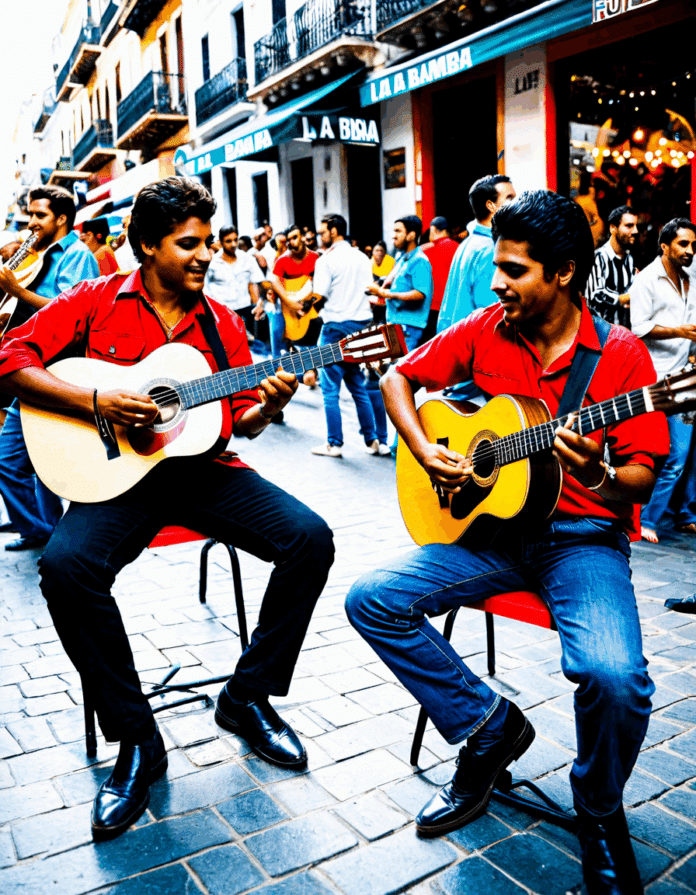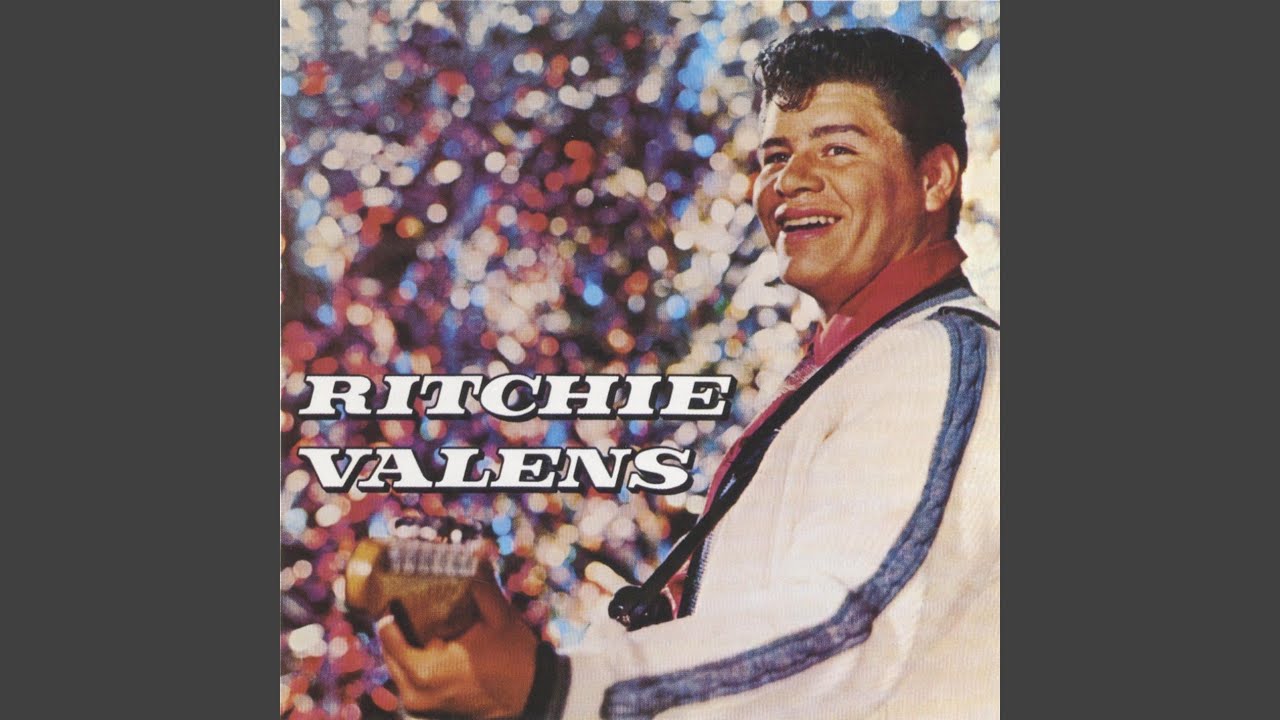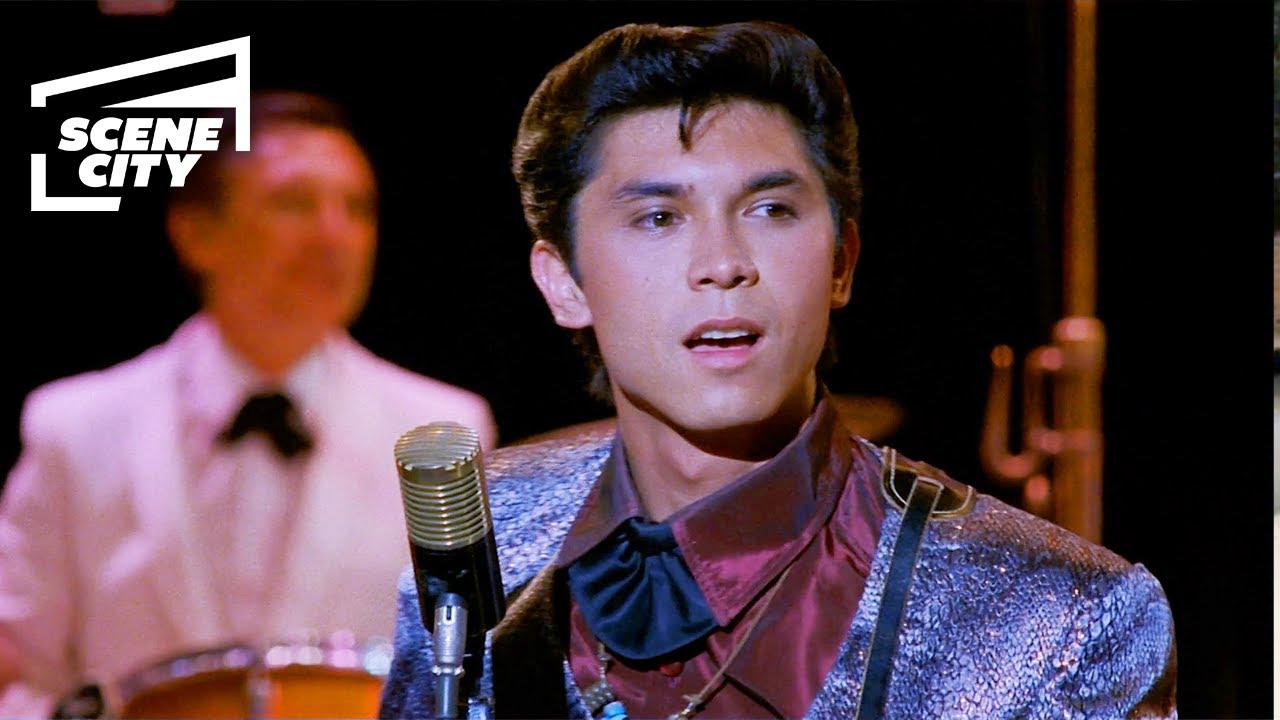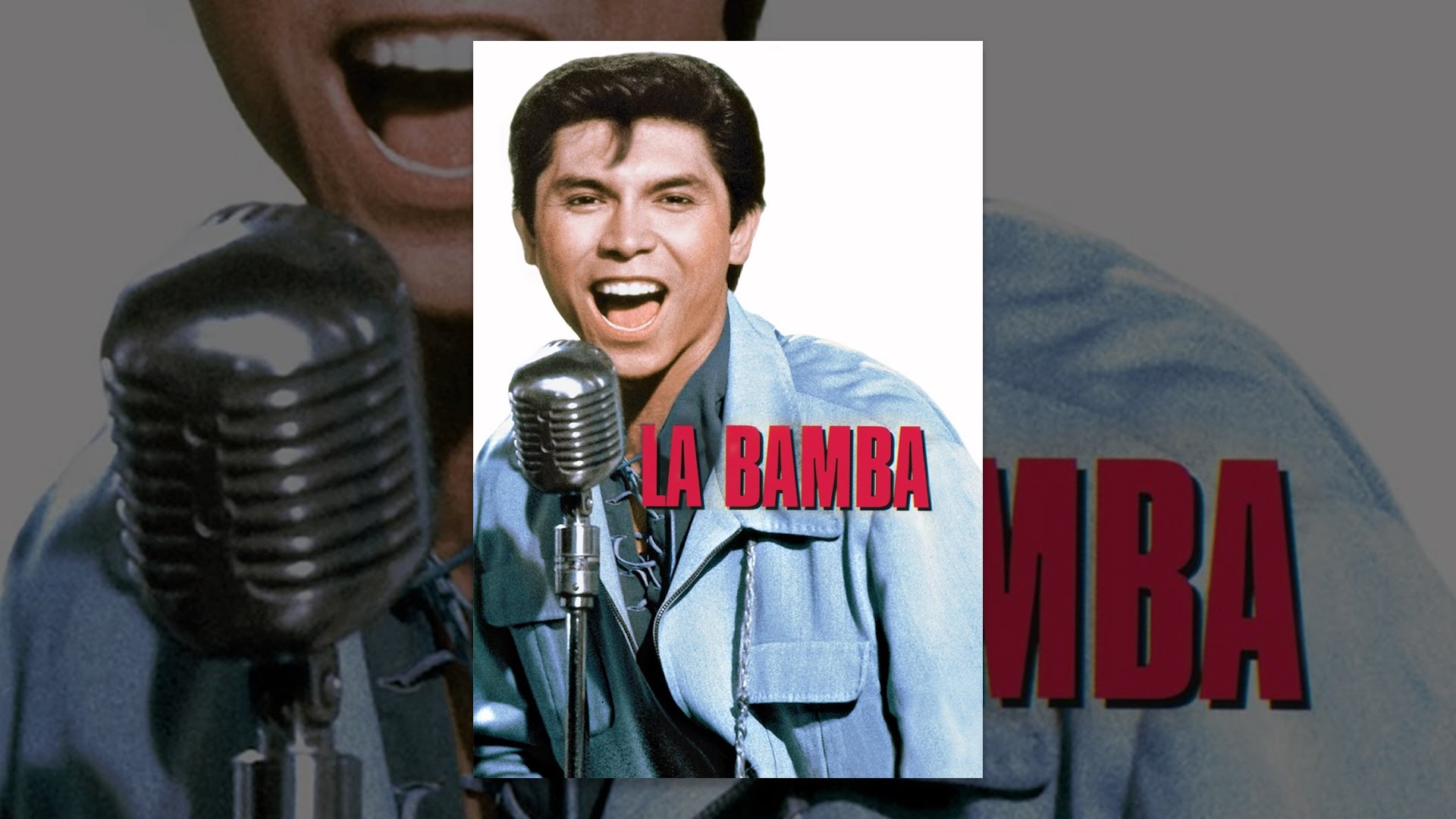Ah, “La Bamba”! Just the name brings to mind that infectious rhythm and lively spirit that can get anyone tapping their toes. But let’s dive deeper because this hit song is more than just a catchy tune; it’s got a powerful story and a cultural significance that stretches across generations. So, buckle up as we explore seven unforgettable aspects of “La Bamba” and its cultural impact that continue to inspire artists, dancers, and listeners alike.
7 Unforgettable Aspects of La Bamba and Its Cultural Impact

1. Historical Roots and Cultural Significance
“La Bamba” has roots that run deep in history, tracing back to the 18th century. Originating from Mexican folk music, this upbeat joyride belongs to the traditional Son Jarocho music style from the Veracruz region. It’s the kind of music that fills the air during festivities — think colorful parties where everyone dances like nobody’s watching!
Now, you might be wondering what makes Son Jarocho so special. Its vibrant rhythms and engaging melodies often serve as a backdrop for lively gatherings, illustrating a culture of celebration and community. And let’s be honest: who doesn’t love a good fiesta? “La Bamba” is the heart that makes those parties pulse with energy!
2. Rich Storytelling Tradition
The lyrics of “La Bamba” aren’t just about dancing; they pack a punch of meaning. The song speaks of needing “a bit of grace” to dance, and this idea metaphorically extends into life itself. It nudges listeners to embrace their roots while also striving for something greater — a little slice of wisdom wrapped up in a cheerful melody.
This storytelling element resonates with folks from all walks of life, showing that whether you’re enjoying the tune at a festival or jamming alone in your room, there’s a connection waiting to be made. So, if you’ve ever found yourself thinking about life and dance simultaneously while listening to “La Bamba,” you’re definitely not alone.
3. The 1987 Film and Its Resurgence
Fast forward to 1987 when the film “La Bamba” hit theaters and gave the song a popular resurgence. This biopic paid tribute to the life of Ritchie Valens, a musical legend whose journey reflects ambition and loss. The film spotlighted the immigrant experience in America, allowing a whole new generation to appreciate both Valens and “La Bamba.”
Remember how watching that film made you feel? Oozing with nostalgia and heart, it was a cinematic ride through tragedy and triumph that sticks with you long after the credits roll. The combination of rock and cultural roots allowed “La Bamba” to resonate more than ever.
4. Ritchie Valens: A Legend Reimagined
Ritchie Valens wasn’t just another artist; he was a rock and roll pioneer. He transformed the original “La Bamba” by combining traditional Mexican sounds with electric guitar riffs. Just think of him as the musical savior who brought a fresh vibe to the mix!
His tragic passing at just 17 made him a symbol of lost potential. With that sorrowful backdrop, Valens’s influence continues to shine bright, reminding us all just how fleeting life can be. And wouldn’t you know, his rendition of “La Bamba” is still a classic that hits you right in the feels.
5. Crossover Success in Popular Music
When artists like Los Lobos revived “La Bamba” in the ’80s, they didn’t just pay homage; they created a whole new pop culture phenomenon. Their version topped charts worldwide, showcasing how traditional music can elevate into something modern and vibrant. It’s a slam dunk for cross-cultural collaboration!
This crossover has opened the door for other artists to dig deep into their roots and create music that reflects their identities. Who could’ve imagined that a song steeped in history would dance its way into your playlists today?
6. Cultural Revival and Modern Adaptations
“La Bamba” isn’t just a relic of the past; it’s making waves in today’s music scene! Artists like Soulja Boy have blended the essence of the tune into his contemporary hip-hop tracks, showcasing just how timeless the song remains. This innovative approach brings forth a new generation of listeners who can appreciate the old while enjoying the new.
Doesn’t it make you smile? The way artists adapt brings fresh life to historical music, allowing “La Bamba” to thrive in diverse styles and genres. It’s proof that good music never goes out of style.
7. La Bamba as a Symbol of Unity
Over the years, “La Bamba” has morphed into more than just a song; it’s a unifying anthem. Whether at a wedding, a birthday party, or a random dance-off, the tune has a magical ability to get people up and moving, breaking down barriers and inviting everyone to join the fun.
Just imagine yourself at a street festival, surrounded by fellow dancers, all feeling that infectious beat. Does it get any better than this? Togetherness is at the core, showing how music creates community, no matter the differences.
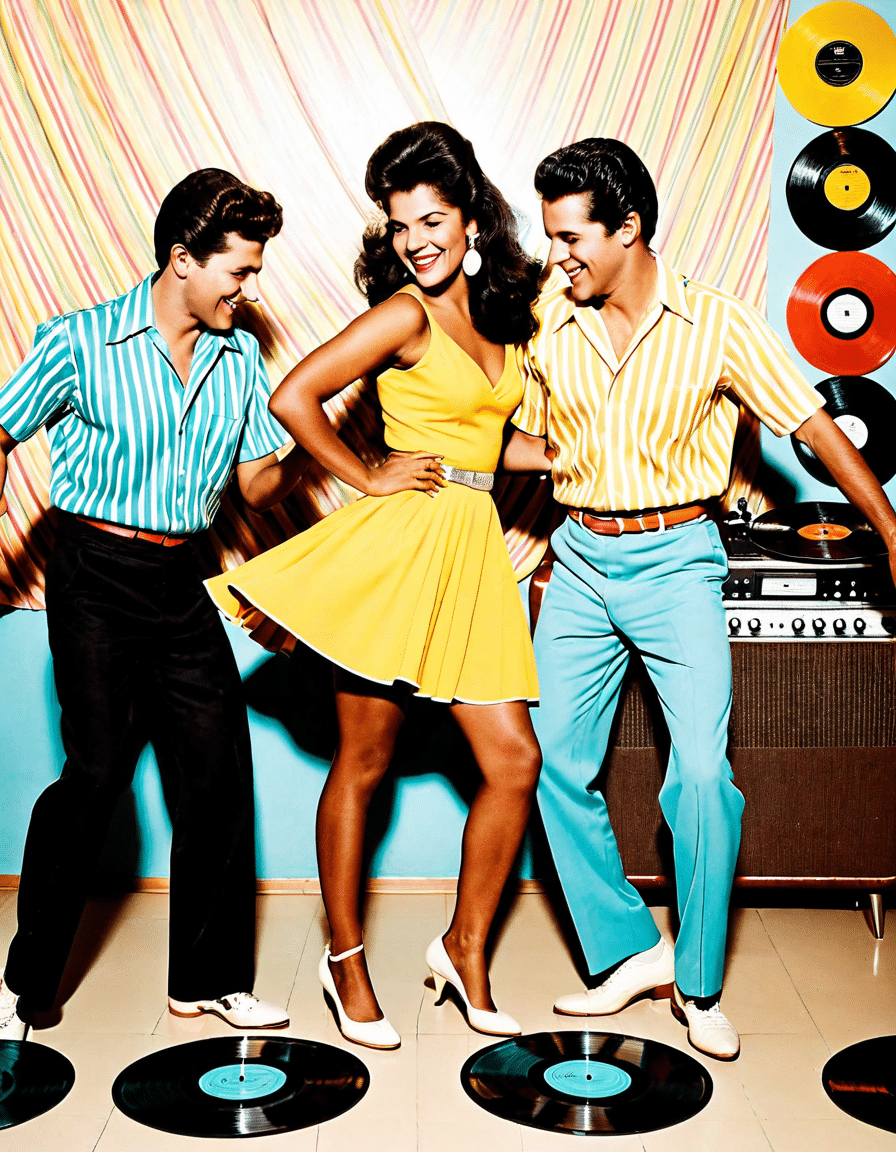
Final Thoughts on La Bamba’s Enduring Legacy
“La Bamba” is a rich tapestry spun with themes of history, identity, and musical evolution. From its deep-rooted beginnings in Mexico to its modern adaptations, this song inspires artists and resonates with listeners across the globe. It challenges you to embrace your cultural heritage while also nudging you to grow personally.
As we move forward, the legacy of “La Bamba” will undoubtedly echo through time, reminding us that the beauty of our cultures and shared experiences always finds a way to come together. So go on, turn up that volume, and let the rhythm take you over!
After all, who could resist joining in on a dance party with “La Bamba” playing? Not us!
La Bamba: Fun Trivia and Interesting Facts
Origins of the Song
La Bamba has quite a fascinating backstory that many might not know about. This infectious tune, which embodies the spirit of Mexican folk music, actually dates back to the 18th century! Originally a dance song from Veracruz, it has transformed over decades into a global sensation. When Ritchie Valens recorded it in 1958, it became the first rock and roll song featuring Spanish lyrics to enter the Billboard charts. Imagine that—it was like a breath of fresh air in a music scene dominated by English lyrics. Interestingly, Valens’ rendition was inspired by his heritage and the vibrant culture surrounding him, as he sought to share his roots. And just like the Blue Man group captivates audiences with its extraordinary performances, La Bamba captivated listeners with its catchy rhythm.
Cultural Impact
La Bamba didn’t just stop at being a catchy tune; it also played a significant role in empowering Latino artists in the music industry. It opened doors for future generations, encouraging boldness in expressing cultural identity. In many ways, it mirrors how figures like Martha Scott—known for her legal battles and determined spirit—have paved the way for others to follow their dreams. Surprised? This catchy song also saw a resurgence in popularity thanks to its feature in the 1987 biopic about Valens, which sparked interest in the artist’s life and music. Speaking of fascination, La Bamba shares an intriguing connection to cinema, much like Othello, a classic play that explores the depths of jealousy and love.
Modern Day Resurgence
Fast forward to today, La Bamba continues to echo through various platforms, celebrating its legacy in both music and film. It’s been rocked by countless artists, and you’ll find it frequently popping up during parties and festive gatherings—talk about being timeless! For fans looking for fun experiences, local theater productions often tap into its energetic vibe. And if you’re in the mood for entertainment, you might catch performances intertwined with shows like Mufasa: The Lion King, where storytelling reigns supreme. With new renditions and tributes popping up regularly, La Bamba has proved it’s as relevant now as it ever was. And if you’re a sports fan, keep an eye on events such as Querétaro vs. Pumas or even the Luton Town vs. Man United match, where the spirit of cultural unity is palpable—just like in La Bamba!


